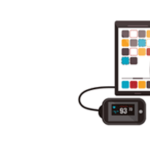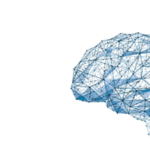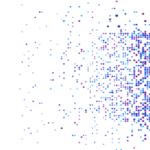“What CITI Program is Reading” is our biweekly blog series which highlights news articles curated by our staff and relevant to research, higher education, healthcare, technology, and more. Follow us on LinkedIn for upcoming editions and more information from CITI Program.

Pediatric Medication Studies: A New Challenge for Institutional Review Boards, Ethics Committees
Source: Pharmacy Times Institutional review boards and ethics committees have seen it as their main task in the past few decades to protect children from questionable studies.
Read The Full Article
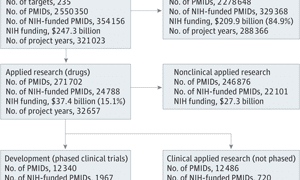
Spending on Phased Clinical Development of Approved Drugs by the US National Institutes of Health Compared With Industry
Source: JAMA Health Network This cross-sectional study uses publicly available publications to compare National Institutes of Health with industry spending on phased clinical development of approved drugs.
Read The Full Article
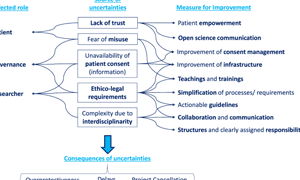
What prevents us from reusing medical real-world data in research
Source: Nature Medical real-world data stored in clinical systems represents a valuable knowledge source for medical research, but its usage is still challenged by various technical and cultural aspects.
Read The Full Article

Doing research with human subjects is costly and cumbersome. Can AI chatbots replace them?
Source: Science Eerily realistic simulated personas could save researchers time and money—or stand in for people in dangerous experiments.
(Login may be required)
Read The Full Article
New Report Recommends Ways That U.S. Colleges and Universities Can Mitigate Risks Related to Foreign-Funded Language and Culture Institutes
Source: National Academies of Sciences, Engineering, and Medicine Foreign-funded language and culture institutes may pose risks for U.S. host institutions regarding academic freedom, freedom of expression, governance, and national security.
Read The Full Article

How can universities and journals better work together on research misconduct?
Source: Retraction Watch When it comes to delays in correcting the scientific record — and less-than-helpful retraction notices — it’s not uncommon to see journals blaming universities for being slow and less than forthcoming, and universities blaming journals for being impatient and not respecting the confidentiality of their processes.
Read The Full Article
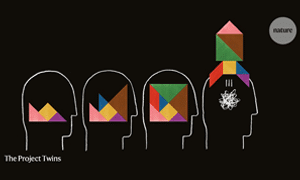
How to make your scientific data accessible, discoverable and useful
Source: Nature Specialists offer seven tips for effectively sharing your data.
Read The Full Article

HCA discloses massive data breach affecting 11 million patients
Source: STAT News It's likely the largest data breach ever reported by a health care provider.
(Login may be required)
Read The Full Article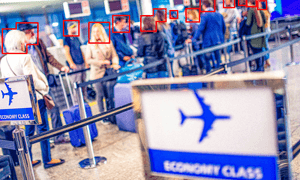
Exclusive: TSA to expand its facial recognition program to over 400 airports
Source: Fast Company TSA wants to expand its facial recognition program to over 400 airports. Watchdogs say there’s evidence the program is already violating travelers’ consent.
Read The Full Article

For Export Controls on AI, Don’t Forget the “Catch-All” Basics
Source: CSET Existing U.S. government tools and approaches may help mitigate some of the issues worrying AI observers.
Read The Full Article

Department of Defense Strengthening Efforts to Counter Unwanted Foreign Influence on DOD-Funded Research at Institutions of Higher Education
Source: U.S. Department of Defense The Defense Department announced the publication of a list of foreign entities that have been confirmed as engaging in problematic activity as described in Section 1286 of the Fiscal Year 2019.
Read The Full Article

If universities want top research, they must allow people to fail
Source: Times Higher Education The new REF rules allow greater scope to aim for the (four) stars. But who will embrace the risk of crashing to Earth, asks Matthew Flinders.
(Login may be required)
Read The Full Article


